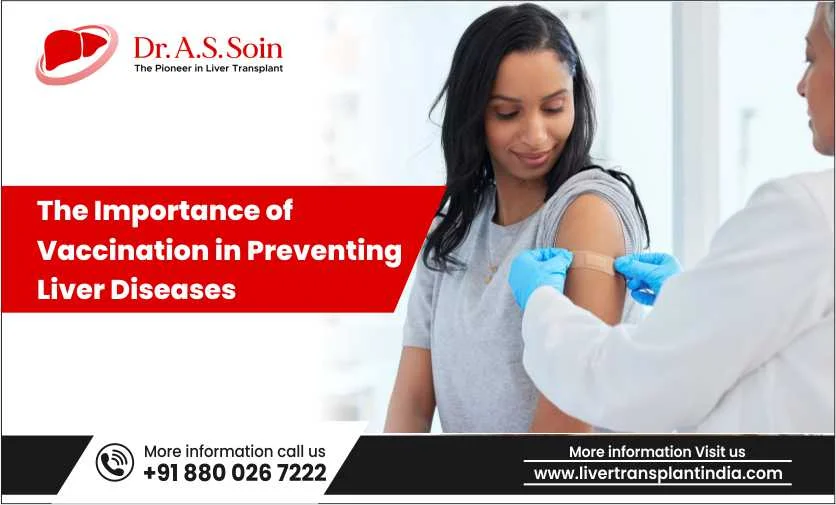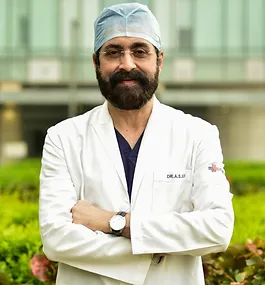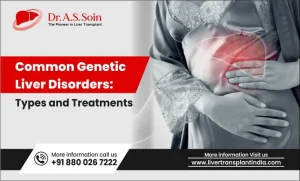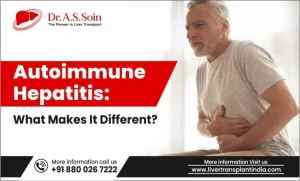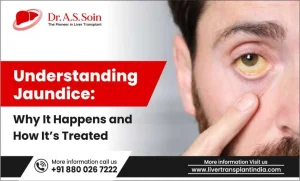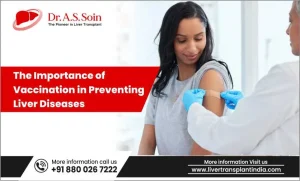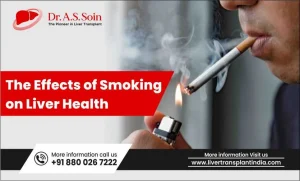Liver diseases are a significant public health issue around the world—and India is no exception. Each year, millions suffer from liver-related complications, many of which could be entirely avoidable with timely vaccination. While factors such as alcohol intake, obesity, and infections certainly play a role, vaccines offer some of the most powerful and proven protection, particularly against viral hepatitis.
Table of Contents
ToggleA Closer Look at Liver Health and Its Vulnerabilities
The liver is one of the most complex and vital organs in the body, carrying out more than 500 critical tasks. From filtering toxins to producing bile and storing energy, its role is indispensable. When liver function is compromised by disease, it can have serious, often life-threatening consequences—including liver failure and cancer.
Common Liver Disorders Include:
- Hepatitis (A, B, C, D, E): Viral infections that cause inflammation and progressive liver damage.
- Fatty Liver Disease (NAFLD and AFLD): Caused by metabolic syndrome or excessive alcohol use.
- Cirrhosis: Irreversible scarring from long-standing liver injury.
- Liver Cancer: Often linked to chronic hepatitis B and C infections.
- Liver Failure: The end-stage of severe liver damage, requiring urgent intervention, often a transplant.
Among these, hepatitis viruses are a major global contributor—and one where vaccination has made, and continues to make, a profound impact.
How Vaccines Work to Protect the Liver
Vaccination is one of modern medicine’s most transformative tools. A vaccine trains the immune system by introducing a safe version or component of a virus, enabling the body to:
- Recognize the Threat: The immune system identifies the introduced antigen as foreign.
- Develop a Defense: It then produces targeted antibodies to fight the real virus if encountered.
- Create Immune Memory: The body “remembers” the virus and responds faster and more effectively in the future.
Are Vaccines Safe?
Yes. Before reaching the public, vaccines undergo multiple layers of clinical testing to ensure both their effectiveness and safety. While some individuals might experience mild reactions—such as soreness at the injection site or a low-grade fever—these effects are temporary and far less concerning than the complications of actual infection. The benefits of vaccination far outweigh the minimal risks.
Vaccines That Prevent Liver Disease
Currently, vaccines are available for hepatitis A and hepatitis B, both of which can cause significant liver damage if left unchecked.
Hepatitis A Vaccine
Hepatitis A, usually contracted through contaminated food or water, can trigger symptoms ranging from fatigue to acute liver inflammation. The vaccine’s benefits are striking:
- High Effectiveness: A single dose can offer protection for over 7 years in most people; two doses extend immunity even longer.
- Wide Coverage: Suitable for children, adults, and travelers to high-risk regions.
Hepatitis B Vaccine
Hepatitis B is a leading cause of chronic liver disease, cirrhosis, and liver cancer. Spread through infected blood or body fluids, it poses a major threat without vaccination.
- Highly Protective: Over 95% effective when the full vaccine schedule is followed.
- Global Impact: With widespread immunization, many countries have seen a significant decline in HBV cases and related liver cancers, especially in younger populations.
Why There Are No Vaccines for Hepatitis C, D, and E (Yet)
Unfortunately, we currently lack a vaccine for hepatitis C, which is mainly spread through blood-to-blood contact. However, hepatitis D only affects those already infected with HBV—so the hepatitis B vaccine offers protection against it as well. Hepatitis E, more common in areas with poor sanitation, does have a vaccine in some countries, but it’s not yet widely available globally.
Broader Benefits of Vaccination
Vaccines do more than just prevent immediate infection:
- Reduced Long-Term Damage: Preventing hepatitis A and B cuts the risk of cirrhosis, liver failure, and liver cancer.
- Healthier Populations: Immunized individuals are less likely to transmit infections, boosting overall community health.
- Protection for Future Generations: Routine childhood vaccination helps prevent liver disease in adulthood, contributing to healthier, more resilient societies.
Herd Immunity and Liver Health
When a large portion of the population is vaccinated, it helps create herd immunity—indirectly protecting those who can’t be vaccinated for medical reasons. For hepatitis:
- Community-Level Protection: Reduces overall virus circulation.
- Breaks the Transmission Chain: Helps prevent outbreaks and relieves pressure on healthcare systems.
Economic and Public Health Advantages
Vaccination isn’t just good medicine—it’s also smart economics.
- Cost Savings: Preventing illness is far cheaper than treating chronic liver disease or cancer.
- Reduced Hospital Burden: Fewer severe cases means less strain on hospitals and resources.
- Higher Productivity: Healthier individuals miss fewer workdays and enjoy a better quality of life.
Who Should Be Vaccinated?
While everyone benefits from immunization, some individuals are at higher risk and should prioritize getting vaccinated:
General Recommendations
- Infants & Children: Many countries, including India, now include hepatitis B vaccination at birth as part of routine immunization.
- Adults: Especially important for those who missed vaccination in childhood.
High-Risk Groups
- Healthcare Professionals: Due to frequent exposure to blood and bodily fluids.
- Travelers: Visiting regions with high rates of hepatitis A or B.
- Patients with Liver Disease: More susceptible to complications from viral infections.
- Immunocompromised Individuals: Including the elderly and those with chronic illnesses.
- Close Contacts: Family members of infected individuals are also at risk and should be protected.
Getting Vaccinated: The Practical Steps
- Speak with a Doctor: Your physician can recommend the appropriate vaccine schedule based on age and health status.
- Find a Trusted Facility: Government hospitals, private clinics, and community health centers all offer vaccination services.
- Complete the Series: Some vaccines require multiple doses—ensure you complete the full schedule.
- Track Your Records: Keep a record of your vaccinations for future healthcare decisions.
Liver Transplantation: When Prevention Isn’t Enough
In cases where liver disease becomes irreversible, a transplant may be the only life-saving option. Liver transplantation involves replacing a damaged liver with a healthy donor organ. While it can offer a second chance at life, it also involves lifelong medical care and immunosuppressive therapy. Vaccination can significantly reduce the number of people reaching this advanced stage.
Debunking Common Myths About Liver Vaccines
Misinformation keeps many from getting vaccinated. Let’s clear up a few persistent myths:
- Myth: Vaccines cause more harm than good.
Fact: Scientific evidence overwhelmingly supports the safety and efficacy of vaccines. - Myth: Natural infection is better.
Fact: The risks associated with hepatitis infections—such as cirrhosis or liver cancer—make this a dangerous misconception. - Myth: I’m not at risk.
Fact: Everyday exposures—like dental work or sharing personal items—can transmit hepatitis. - Myth: I had hepatitis once, so I’m immune.
Fact: Immunity to one type of hepatitis doesn’t protect you against others. Each virus is different.
The Role of Healthcare Professionals
Doctors, nurses, and public health workers play a critical role—not just in administering vaccines but also in educating communities, dispelling myths, and guiding preventive care strategies. Their involvement is key to improving vaccination coverage and reducing the burden of liver disease.
Final Thoughts: Protecting Your Liver Is a Lifelong Commitment
Vaccination offers one of the simplest yet most powerful ways to prevent liver disease. By staying informed and taking proactive steps—like immunizing yourself and your family—you can help ensure a healthier, disease-free future.
If you or someone you know is at risk of liver disease, don’t wait. Speak to Dr. A. S. Soin, one of India’s most renowned liver transplant specialists, for expert guidance on prevention and care.
A healthy liver is vital for a healthy life—protect it wisely.

